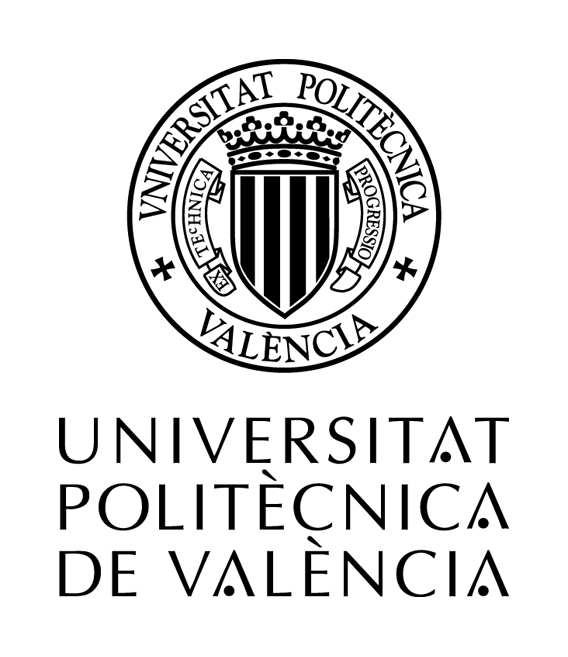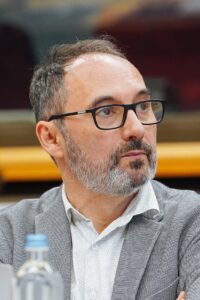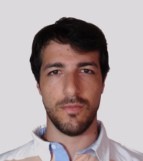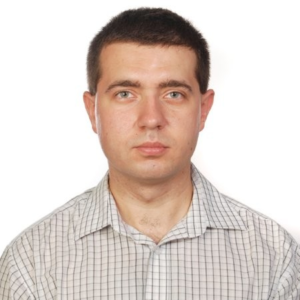Andy S Alic
Andy S Alic got his PhD in Computer Science, speciality in Bioinformatics, from Universidad Politecnica de Valencia (UPV) in 2016. He joined (and is still part of) the Grid and High-Performance Computing research group (GRyCAP) at the Institute of Instrumentation for Molecular Imaging (I3M) the same year as a software engineer. With ample development experience with Java, Javascript, Typescript, C++, SQL, and Python, he is involved on all development levels of an application from the data storage, to backend, and its frontend. His work experience includes roles at startups, traditional companies, and academic entities, with successfully finished projects including an Android application that allowed internet connection through bluetooth and a central device placed on an airplane and connected to ISP satellites, to a HPC workflow that adapted OpenStreetMap data to mobile use, to a specialised fullstack web application to detect mutations in NGS data using a custom workflow, to a web service that traces user actions in a highly regulated medical data repository. His main research interest include, but are not limited to: time management, AI, biology, bioinformatics, software development, finance, and economics.




